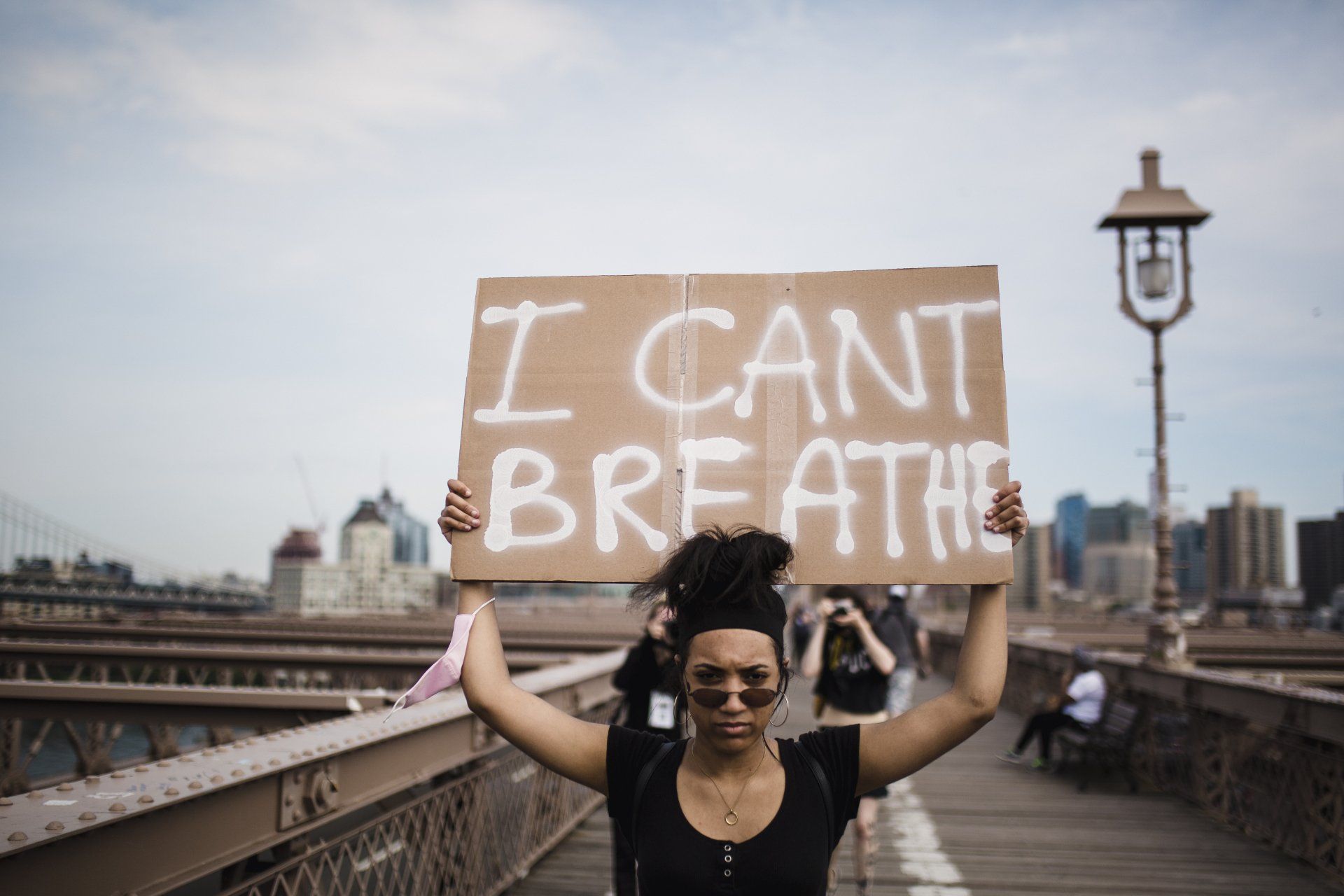You may have heard about an 810 peace bond in the context of resolving a criminal matter. You may also have thought that an 810 peace bond is the same thing as pleading guilty to a criminal charge. An 810 peace bond is in fact different and distinct from a guilty plea.
So what is a section 810 peace bond?
A peace bond is an order from the court to keep the peace and be on good behavior for a period of time and to follow the conditions contained within the peace bond.
There are two types of peace bonds
- a common law peace bond, which a judge can order from his/her own initiative; and
- a section 810 peace bond.
The peace bond that we will be focusing on in this blog is the latter,
i.e. , the 810 peace bond.
More about the Section 810 Peace Bond
Like any peace bond, an 810 peace bond is a court order to keep the peace and be on good behavior for a period of time and to follow the conditions contained within the peace bond. The maximum time period possible for an 810 peace bond is prescribed in section 810 of the
Criminal Code of Canada and that maximum period is of 12 months. However, an 810 peace bond may be of a duration of less than 12 months.
When can it be ordered?
An 810 peace bond can be ordered when the court fears on reasonable grounds that a person:
- will cause personal injury to another person or to his/her spouse or common law partner or child or will damage his/her property; or
- will commit an offence under section 162.1 (publication of an intimate image without consent).
It's ordered as a preventative measure
So if a court has reasonable grounds to believe that harm can be done to a person, the court may order a peace bond under s. 810 of the Criminal Code of Canada with the condition to keep the peace and be on good behavior and other conditions. Thus, an 810 peace bond is ordered as a preventive measure against future harm to a person and is not ordered as punishment. As a matter of fact, unlike a guilty plea, there is no finding of guilt, and no plea of guilty for a court to order an 810 peace bond. This means that you will not have to admit that you have committed the offence with which you are charged, and you will not have to plead guilty to the offence. No conviction will be entered against you and this explains why an 810 peace bond is usually a more desirable outcome to resolve a criminal matter as opposed to pleading pleading guilty: there will be no conviction entered against you.
Will I have a criminal record?
No conviction registered against you means that you will not have a criminal record. This is of course a huge advantage as you will not have to worry about the impact of a criminal record on your future employment opportunities. Moreover, if you are not a Canadian citizen, usually a peace bond will not result in immigration consequences.
But be aware...
Beware, however, that an 810 peace bond will appear on police records (CPIC) for the duration of the peace bond (which is typically for 12 months), and in some instances of criminal check for employment or US customs purposes an 810 peace bond may show up as well. If you have been fingerprinted for an assault or uttering threats charge, and the charges were later stayed, dismissed, withdrawn, peace bonded, absolute or conditionally discharged, it WILL still show up on a criminal check in the future. For that reason, it may be prudent for you to obtain information about file destruction to ensure that the police have destroyed all information they have in relation to the criminal charge.
Other areas it may impact
You may also want to consult a family lawyer to determine whether a peace bond will have consequences on any family issue that you are dealing with.
At the end of the duration of the peace bond, usually the charge is withdrawn. Of course this is assuming that you have complied with all the conditions of the peace bond and did not breach them.

About The Author
Maya Shukairy is a criminal defence lawyer based in Ottawa, Ontario. Before becoming a criminal defence lawyer, she worked in a Crown’s Office gaining experience working as a Crown prosecutor. Maya offers her services in English, French and Arabic. Shukairy Law has affordable rates and accepts Legal Aid certificates.
Find this post informative?
Share it with your friends and family.
CAUTION: the information on this page does not constitute legal advice and is NOT a substitute for legal advice. To obtain legal advice please refer to a lawyer. If you do not have a lawyer and you are seeking legal advice, you may contact us at (613) 670-5819.
Take a look at a few other posts...



